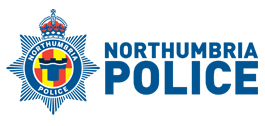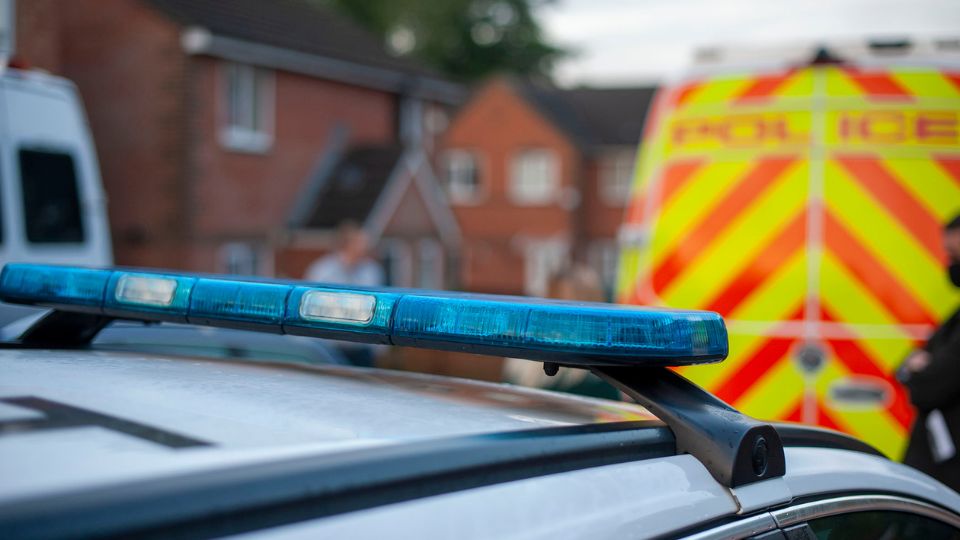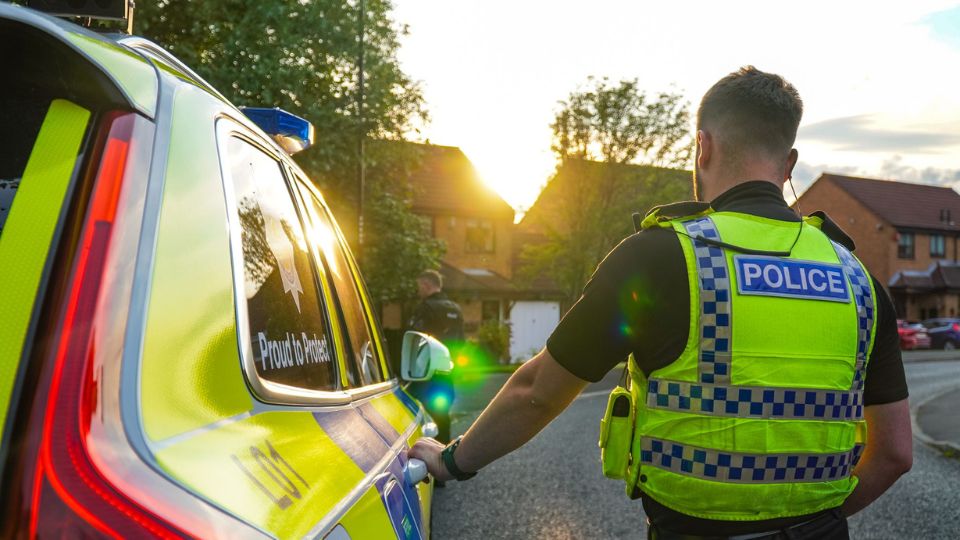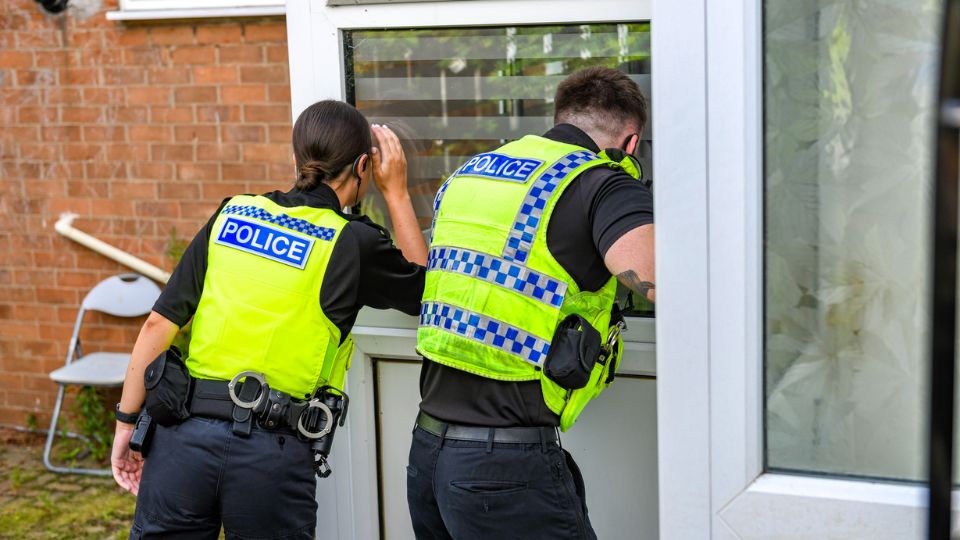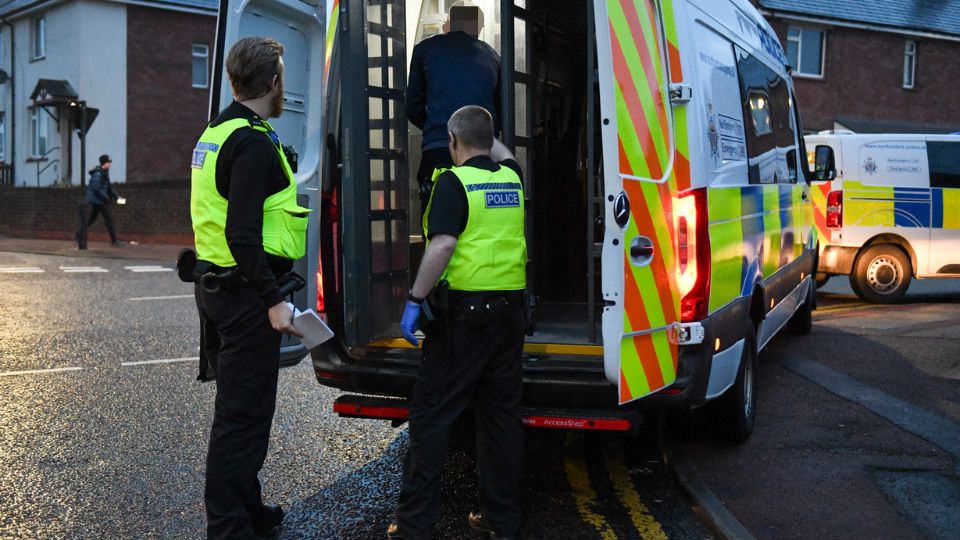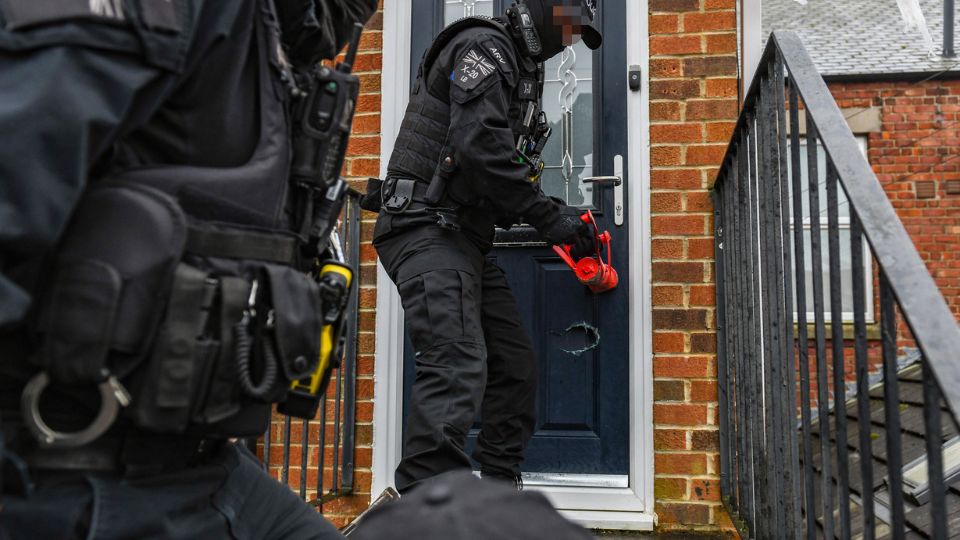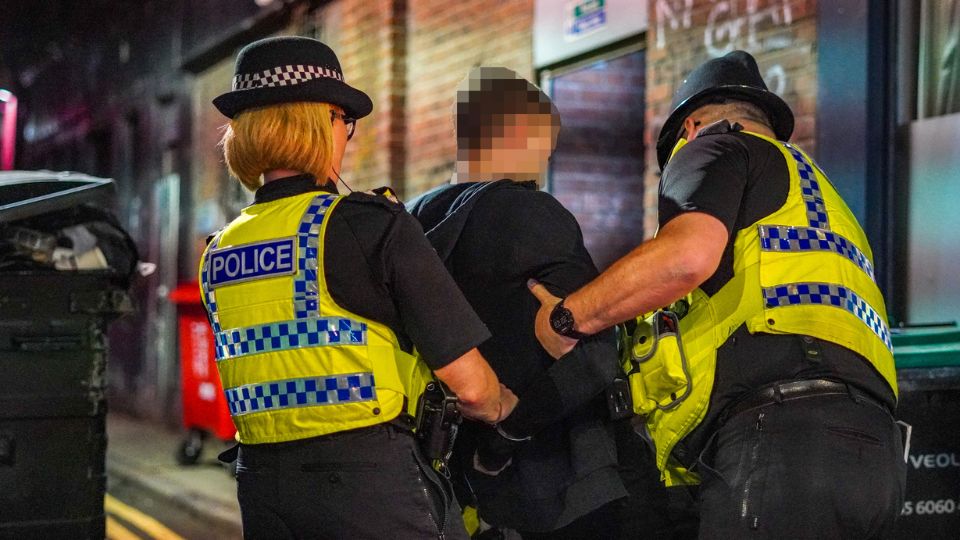Join us as a 999 response officer
What does a response officer do?
One of the most fast-paced roles in policing, as a response officer you’ll be on the front line of the organisation. Their role is to:
What skills make a good response officer?
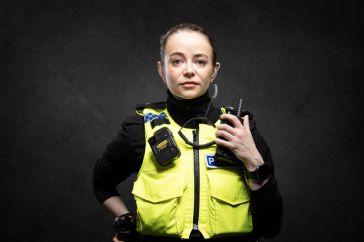
What is life like as a response officer?
You’ll start earning from day one of your training as a 999 response officer, with a salary of £31,164 plus a generous shift allowance. In response, you’ll be working dayshifts, late shifts and nightshifts, across weekdays, weekends and bank holidays. Many of our response officers appreciate the current shift pattern of working four days on, followed by four days off, as it allows time to rest and catch up on home and family life.
You get your shift pattern once you join your team, this means you will generally be able to plan far in advance. However, policing is unpredictable, and you may occasionally need to work overtime, adjust your shift pattern, or move to a different team.
What are my long-term career options?
Response officers have many career options, from operational policing with our Mounted, Roads Policing or Firearms Units to specialising in public order and much more.
You’ll have the opportunity to progress through the ranks, from a first-line leader to a member of the senior leadership team.
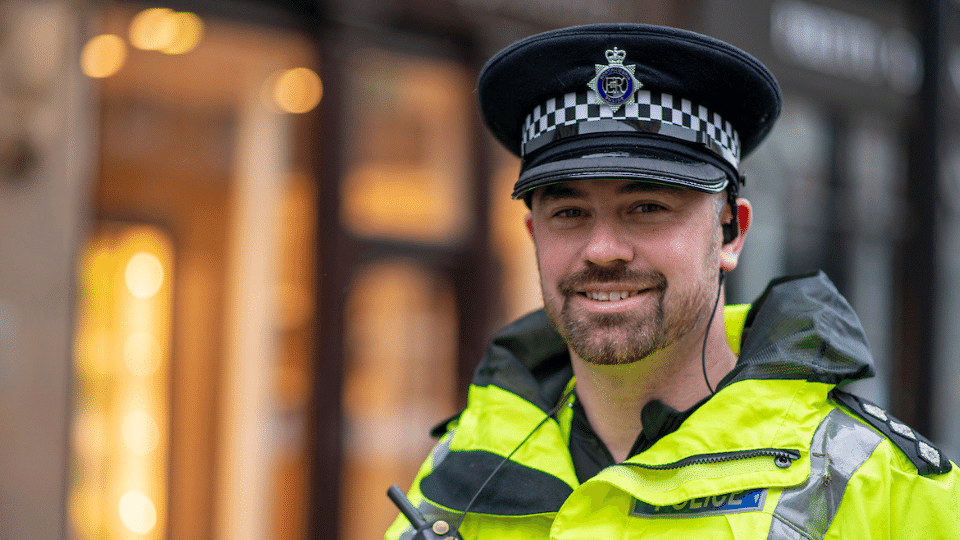
Next steps
The first step to training as a 999 response officer is to choose which of the below entry routes work for you:
Take your first steps into policing
Before you apply to become a 999 response officer, detective or neighbourhood officer you’ll need to join a mandatory information event.
Here, you’ll gain insight into what working at Northumbria Police is really like, find out more about the application process and how to prepare for the role, eligibility requirements, police officer pay & benefits, and you’ll have the opportunity to speak to current officers.
We’ll also guide you through the different entry routes available, including the degree apprenticeship, graduate programme, and experience-led pathways — so you can choose the route that’s right for you.
Choose your preferred date below to sign up for an upcoming online Teams event.
Can’t make these sessions? We’ll be running events all year, check back for later dates.
